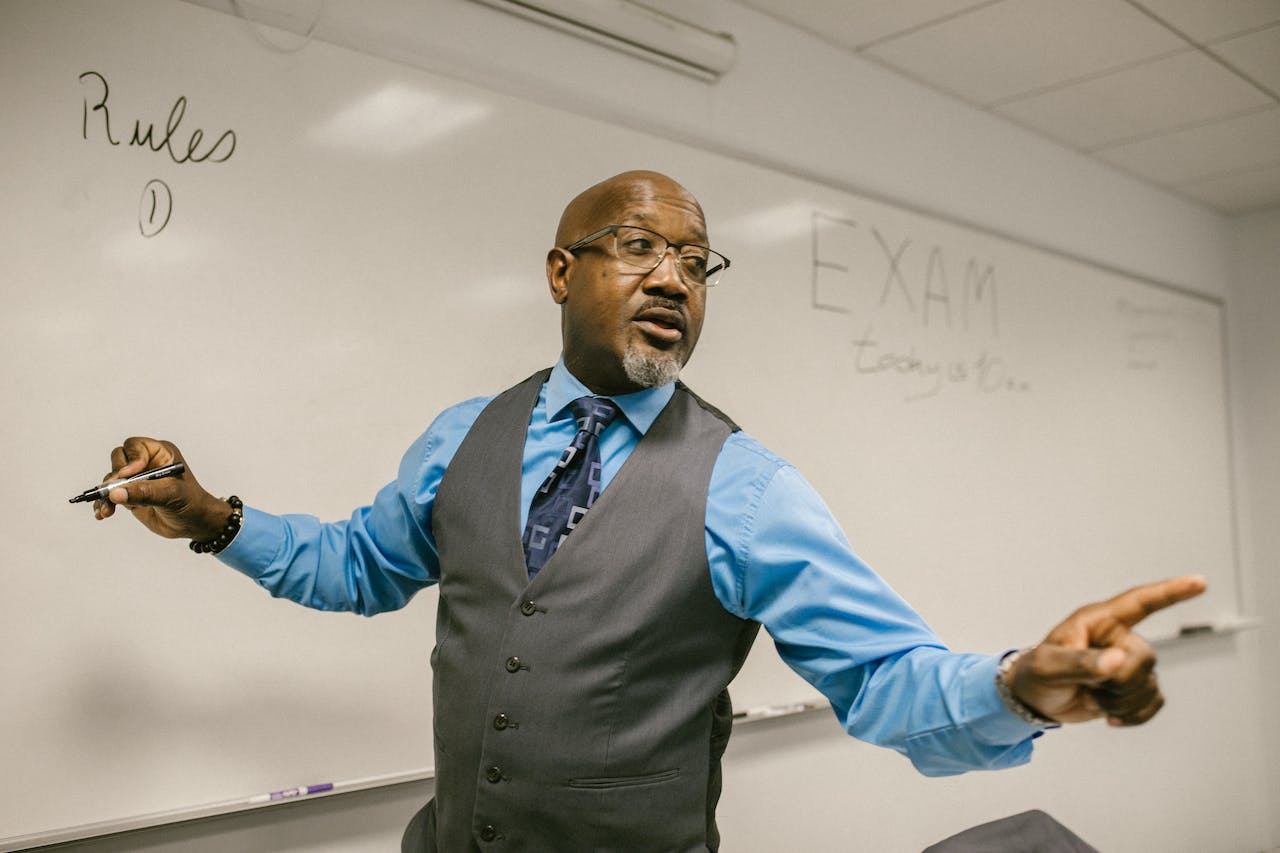Colonial history stands as a pivotal era, shaping nations and cultures across the globe. Teaching this complex period demands a rich array of resources that captivate students’ imaginations and foster a deep understanding of this transformative time. Here, we explore some of the best resources available to educators for teaching colonial history.
- Textbooks and Educational Materials:
- Overview texts: Comprehensive textbooks provide a solid foundation, offering a chronological narrative of colonial history with analysis and context.
- Primary source compilations: Books compiling letters, diaries, governmental documents, and firsthand accounts immerse students in the authentic voices of the colonial era.
- Digital Archives and Online Repositories:
- Digital libraries: Institutions and archives often provide online access to historical documents, maps, and images, facilitating easy exploration for students.
- Virtual tours: Websites offering virtual tours of colonial-era sites allow students to experience historical locations from anywhere, enriching their understanding.
- Museums and Exhibits:
- Local museums: Many museums curate colonial history exhibits with artifacts, interactive displays, and educational programs, offering immersive learning experiences.
- Virtual museum tours: Online museum tours enable access to collections and exhibitions worldwide, bringing historical artifacts directly into the classroom.
- Documentary Films and Multimedia:
- Documentary series: Well-researched documentaries offer visual storytelling and in-depth analyses, making complex historical events more accessible and engaging.
- Interactive websites and apps: Educational platforms provide interactive tools, timelines, and games that promote active learning and comprehension.
- Guest Speakers and Expert Presentations:
- Historians and scholars: Inviting experts to speak or conduct workshops provides students with firsthand knowledge and diverse perspectives on colonial history.
- Local community members: Engaging individuals with personal connections or family histories tied to the colonial era offers unique insights.
- Classroom Activities and Project-Based Learning:
- Role-playing simulations: Simulating historical events or debates allows students to step into the shoes of key figures, fostering empathy and critical thinking.
- Research projects: Assignments encouraging independent research on specific aspects of colonial history empower students to explore topics of personal interest.
Conclusion: Teaching colonial history is an opportunity to unravel the complexities of the past and inspire a deeper understanding of how the colonial era shaped our present world. By utilizing these diverse and dynamic resources, educators can engage students, spark curiosity, and encourage critical thinking, fostering a lasting appreciation for the significance of colonial history in shaping our global landscape.

